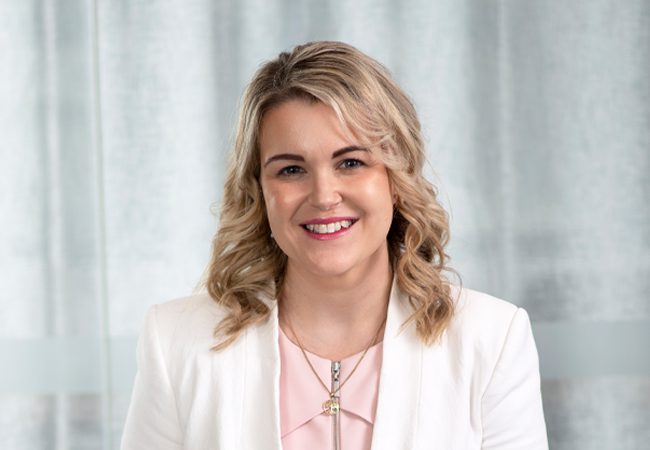Should I give a Loan or a Gift; and why is the difference important?
If the relationship between Sophie and Marcus breaks down, this categorisation is important because the Family Court deals with ‘loans’ and ‘gifts’ differently.
If the Court determines that the money was loaned to Sophie and Marcus, the money advanced by Ed will form part of the Balance Sheet of their relationship property as a liability and the Court may order that the money be repaid to Ed from the matrimonial property pool. This will mean that Ed gets the $100,000.00 back and the Court will distribute the remaining equity between Sophie and Marcus in a way that is ‘just and equitable’.
However, if the Court determines that the money was a gift, it may be treated as a contribution by Sophie. Depending on when the gift was received and what it was applied to, the Court may order that Sophie receive an adjustment in her favour. If it is considered a gift, there is no guarantee that Sophie will receive the full benefit of the $100,000.00.
It should be noted that the presumption of advancement may apply which, simply put, means that in the absence of evidence to the contrary, if money is advanced between certain categories of persons (i.e. between a parent and a child) the Court will presume that the money was a gift and NOT a loan.
Why do I need a Loan Agreement?
When deciding about whether or not a loan is owed by parties to Family Law proceedings, the Court will consider a number of factors, however most importantly the Court will ask “Is there a Loan Agreement?”.
Whilst ‘handshake’ agreements are common between family members, it can result in an argument about whether or not there was ever an obligation to repay the money. Where there is no evidence of repayments, it is unlikely that the Court will consider that the money is owed and, in any event, depending on the timing of the loan, limitations law may mean the debt is not recoverable.
The best option for Ed and Sophie is to enter into a Loan Agreement. This type of agreement should be entered into between Ed, Sophie and Marcus and can specify the circumstances in which the money is to be repaid. The agreement can specify that the loan is repayable on separation of Sophie and Marcus and need not require periodic repayments.
If monies have already been advanced, then Ed and Sophie should consider:
- Repaying the loan and borrowing the money again under a Loan Agreement, or
- If repayment is not practical, executing a Deed of Acknowledgement of Loan.
If the loan is to be repaid from the matrimonial property pool, there is nothing which prevents Ed from ‘re-loaning’ or ‘gifting’ the $100,000.00 to Sophie upon settlement of her Family Law property matter.




















